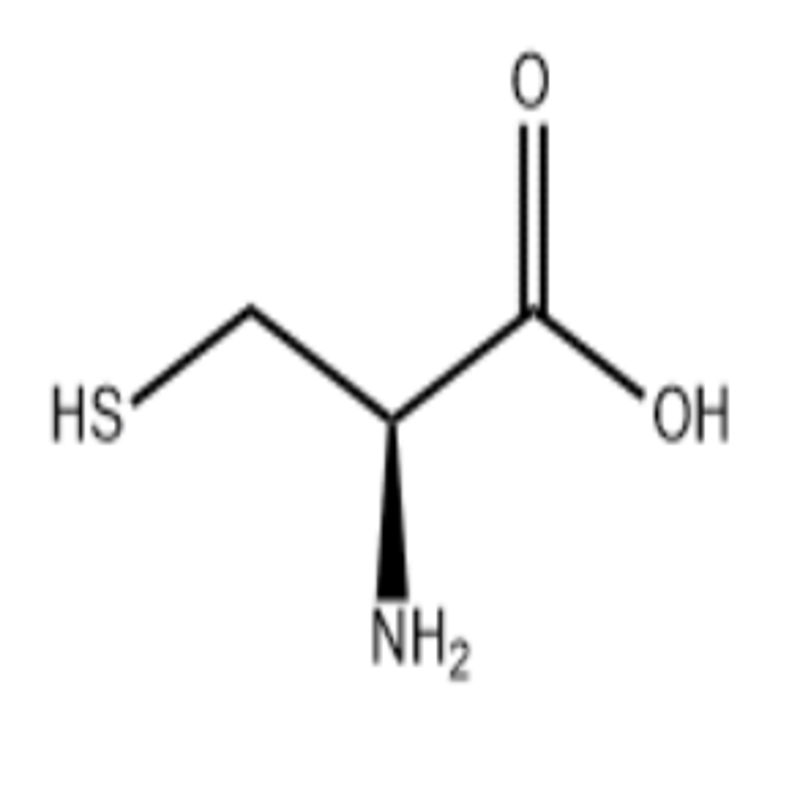-
Categories
-
Pharmaceutical Intermediates
-
Active Pharmaceutical Ingredients
-
Food Additives
- Industrial Coatings
- Agrochemicals
- Dyes and Pigments
- Surfactant
- Flavors and Fragrances
- Chemical Reagents
- Catalyst and Auxiliary
- Natural Products
- Inorganic Chemistry
-
Organic Chemistry
-
Biochemical Engineering
- Analytical Chemistry
- Cosmetic Ingredient
-
Pharmaceutical Intermediates
Promotion
ECHEMI Mall
Wholesale
Weekly Price
Exhibition
News
-
Trade Service
British media said that according to medical research review, improving gut bacteria can help suppress anxiety.
say eating more fruits and vegetables appears to be the best intervention to increase the number of "beneficial bacteria," the Daily Mail reported on May 20.
study in China linked mental health to microbes found in the gut. Researchers at Shanghai Jiaojiao University School of Medicine reviewed 21 studies of a total of 1,503 people. About two-thirds (14) of the studies chose probiotics as an intervention, and seven chose non-probiotic methods, such as adjusting their diet.
probiotics are found in Foods such as Caerfield (which is made from cow's, sheep's or goat's milk, with cauldric fermentation agents containing lactic acid bacteria and yeast, a traditional alcoholic fermented milk drink made from fermentation), yogurt, pickles, miso and kimchi, and can also be made into supplements containing a variety of strains.
half (52%) of the studies (11) showed that adjusting gut microbes had a positive effect on anxiety symptoms. More than a third (36%) of the 14 studies that used probiotics as an intervention found that probiotics were effective in alleviating anxiety symptoms.
seven studies using non-probiotics as an intervention were found to be effective, with an effective rate of 86 per cent.
food variety contributes to the growth of different types of bacteria, according to the report. The more bacteria there are, the greater their contribution to health.
, improving gut bacteria can help suppress anxiety, according to a medical study.
say eating more fruits and vegetables appears to be the best intervention to increase the number of "beneficial bacteria," the Daily Mail reported on May 20.
study in China linked mental health to microbes found in the gut. Researchers at Shanghai Jiaojiao University School of Medicine reviewed 21 studies of a total of 1,503 people. About two-thirds (14) of the studies chose probiotics as an intervention, and seven chose non-probiotic methods, such as adjusting their diet.
probiotics are found in Foods such as Caerfield (which is made from cow's, sheep's or goat's milk, with cauldric fermentation agents containing lactic acid bacteria and yeast, a traditional alcoholic fermented milk drink made from fermentation), yogurt, pickles, miso and kimchi, and can also be made into supplements containing a variety of strains.
half (52%) of the studies (11) showed that adjusting gut microbes had a positive effect on anxiety symptoms. More than a third (36%) of the 14 studies that used probiotics as an intervention found that probiotics were effective in alleviating anxiety symptoms.
seven studies using non-probiotics as an intervention were found to be effective, with an effective rate of 86 per cent.
food variety contributes to the growth of different types of bacteria, according to the report. The more bacteria there are, the greater their contribution to health.
-rich foods are believed to improve gut bacteria. Fruits, vegetables, legumes and legumes are high in fiber. Choose whole grain foods, such as coarse rice noodles, instead of fine grain rice noodles, to get more fiber. It is generally recommended to reduce the intake of sugar, alcohol and artificial sweeteners to improve the growth of gut bacteria.
probiotics are living microorganisms that may contribute to human health by altering the overall composition of the microbiome. They are found in a range of natural foods, especially fermented foods. Probiotics are foods that "fertilize" and feed probiotics. They include leeks, onions, garlic, chrysanthemums, beans and cold potatoes.
evidence that trillions of bacteria in the gut affect the emotional parts of the brain through a communication pathway known as the "brain-intestinal axis." The physical and chemical connections between the intestine and the brain, including millions of nerves and neurons, affect the role of neither of the two "organs".
close interaction between the two may explain how digestive fluid is produced when people's brains see food or start eating, or why people feel nauseous when they are nervous or anxious.
most people have anxiety, but if anxiety affects a person's ability to live, it can be considered a mental health problem, according to the report. Physically, anxious people often have to cope with panic, sweating, grinding teeth, nausea, or dizziness.
, according to the charity, anxiety disorder is the most common mental illness in the US, affecting 40 million adults and 8.2 million cases in the UK. (Compilation/Lu Wei)







